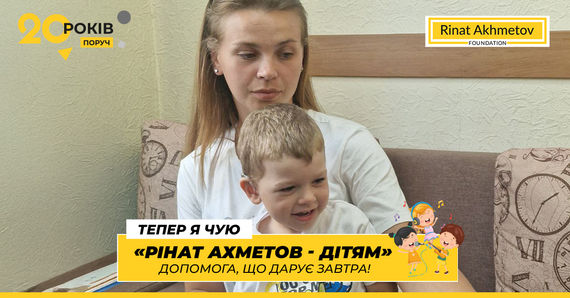PSYCHOLOGIST’S ADVICE: Difficult Relationships with Classmates

It’s no secret that school is not only a place where children gain knowledge in various subjects but also where they develop essential social skills. A child learns to function within a group, build horizontal relationships with peers and classmates, as well as vertical ones with teachers. They also gain experience in handling conflicts.
Relationships with classmates are a crucial part of a child’s school life. Some children establish connections from the very first days in a new environment and feel quite comfortable. Others struggle significantly when trying to connect with their peers, and over time, their relationships may deteriorate to the point where they feel like outsiders among their classmates.
Today, we will discuss the possible causes of difficult peer relationships and ways to overcome this issue.
Common Reasons for Difficulties in Peer Relationships
- Shyness and introversion.
- Unkempt appearance.
- Poor academic performance.
- Arrogance.
- Strong emotional reactions (e.g., the child frequently takes offense, cries often, or reacts with aggression).
- A gloomy facial expression.
- Tattling.
- Overprotective parents.
- Underdeveloped social skills.
- Physical characteristics (such as being overweight, having a squint, etc.).
If your child is experiencing difficulties with classmates, the first step is to carefully observe how relationships are structured within the family.
For example, if you have an only child and are used to fulfilling all their requests instantly, they may come to see themselves as the center of the universe. When placed in a peer group, they might expect the same special treatment from their classmates.
Another scenario: if you are very strict, frequently punish your child, or fail to show warmth and attention, they may not be allowed to express emotions like anger at home. As a result, they might express suppressed frustration through aggression toward their classmates.
If you make jokes about your child’s physical traits—such as their weight—their self-esteem could suffer, making them an easy target for peer mockery.
Similarly, if you constantly criticize their choice of friends, they may struggle with social confidence.
How to Help Your Child Overcome These Challenges
Forget the idea that your child should handle this alone! Young schoolchildren are not equipped to manage such difficulties independently. The situation could worsen over time, leaving your child feeling lonely and abandoned without parental support.
Identify the root cause. Talk to your child and their teacher to understand what led to the issue.
Build a warm, trusting relationship with your child. Share your own childhood experiences—what helped you in conflicts at school? Listen to your child without judgment. Acknowledge their feelings:“You seem upset.” “It’s really hurtful when people ignore you.” “You really want to get along with your classmates.”
Help your child analyze the situation. Encourage them to think about why the problem arose and explore possible solutions together.
Encourage class bonding. Suggest extracurricular activities at parent meetings—organize a class trip or fun competitions. This will strengthen group cohesion and allow children to connect in a relaxed environment.
Invite classmates over. Encourage your child to invite a few peers home for a tea party or fun activities.
Boost your child’s self-esteem. If they struggle socially, enroll them in extracurricular activities where they can develop skills and feel accomplished. Notice their strengths, praise them, and remind them of your love. Children must believe in themselves!
Changing schools is not always the solution. The same issues may arise in a new setting. Instead, focus on helping your child develop social skills.
Teach your child to say “NO” and respect others’ right to refuse.
Help them express emotions appropriately. Use role-playing games to practice responses. Create a story about friendship together, where the characters learn to stand their ground or compromise without losing self-respect. Let them resolve conflicts constructively within the story.
Nowadays, most schools have psychologists. If you’re unable to resolve the issue on your own, consider seeking help from a school psychologist or an external specialist.
By providing support, understanding, and guidance, you can help your child navigate social challenges and build stronger, healthier relationships with their peers.
.jpg?content_type=image%2Fjpeg&disposition=inline%3B+filename%3D%22SHablon-NOVYY-sayt+%252811%2529.jpg%22%3B+filename%2A%3DUTF-8%27%27%25D0%25A8%25D0%25B0%25D0%25B1%25D0%25BB%25D0%25BE%25D0%25BD-%25D0%259D%25D0%259E%25D0%2592%25D0%2598%25D0%2599-%25D1%2581%25D0%25B0%25D0%25B9%25D1%2582%2520%252811%2529.jpg)



